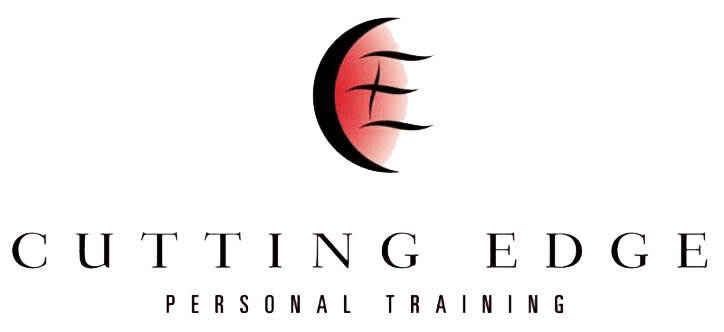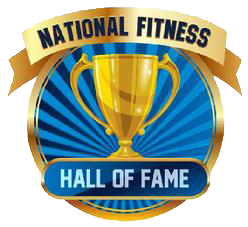May 27, 2022
Misconceptions About Fitness
I have 35 years of being a fitness enthusiast under my belt. 30 of those years I have spent not just being an enthusiast for my own fitness, but also as a coach to others. And with all of that experience I can tell you with great confidence that a lot of people who will read this article are holding onto some misconceptions about fitness training.
In fact, I would go so far as to say that the average person has no idea what it actually takes to be in great shape.
Furthermore, more often than not, those same people go about improving their fitness by doing short-term, random bursts of things that don’t really matter.
And trust me, I have been that individual, too. So I know from personal experience what is wrong!
In this post, I want to cover some of the most common misconceptions about fitness – and the truth behind them.
Weight Training Makes You Bulky
Because weight training is the main approach used by those who want to get bigger, one of the most common misconceptions we see often is that weight training will make you bulky. Because of that, for years many women have not prioritized it…or avoided it altogether.
The fact is that weight training is just too beneficial for women to ignore (builds muscle, burns body fat, strengthens your bones and joints, reduces injury risk, improves heart health, reduces risk of chronic disease, improves body image, and improves mental health).
Yes, weight training can help to improve a woman's figure by shaping the muscles, just like it does for men. However, a female does NOT have the hormone profile allowing her to get so buff where it looks masculine.
So don't worry ladies, getting stronger will only mean looking more tone, strong, shapely, and athletic.
Cardio Is Mandatory For Fat Loss
Many people believe that in order to lose weight, they must perform cardio exercises.
This is a common misconception – while cardio is an important part of a healthy lifestyle, it is not mandatory for fat loss.
In fact, there are many ways to lose weight without ever stepping foot inside a gym.
What should be considered mandatory is following a healthy diet that puts you in a caloric deficit.
In fact, a caloric deficit is the ONLY mandatory thing when it comes to weight loss.
Pair that with strength training and you will chisel a nice Greek sculpture out of yourself.
Only Calories Matter
Now, we just said that it’s only about calories when it comes to weight loss, so you may think to yourself “As long as I’m in a deficit, I can eat pop-tarts all day long and still lose weight?” And technically, that is correct.
However, you have to provide the body with sufficient nutrients to sustain its proper functioning, especially when in a caloric deficit.
So regardless of whether you are trying to lose or gain weight, make sure to derive your daily calories from quality food sources, such as animal products, fruits and vegetables.
You’ll Need to Take Supplements
While supplements can be beneficial for some people, they are not a mandatory part of fitness. In fact, many people who are physically fit don't use supplements at all.
Frankly, supplements are the LEAST important thing to a fitness plan. Only when you have your training, eating, sleeping, and hydration down to a solid foundation should you consider adding supplements.
And if you do decide to invest in them, don’t get caught up in hype and marketing. There are a number of supplements on the market that claim to improve fitness or help with weight loss.
However, these claims are often exaggerated…or worse…flat out false. Truth is, there are only a few that are truly worth spending your money on (protein, creatine, caffeine, fish oil, vitamins/minerals).
Final Thoughts
So there you have it. Four fitness myths debunked for your reading pleasure.
Now go forth and work on that six-pack with confidence, and focus on what truly matters - Eating, Training, and recovering!

Get started - footer
We will get back to you as soon as possible
Please try again later
All Rights Reserved | Cutting Edge Personal Training | Privacy Policy




